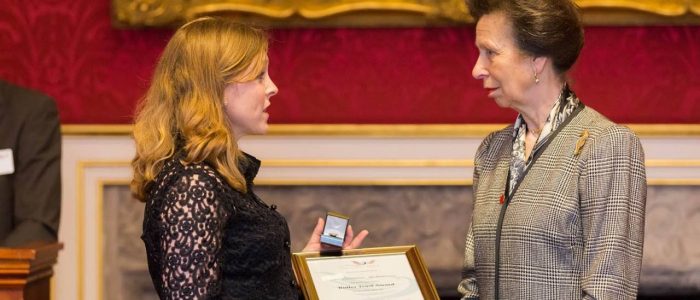Specialist Help for Severely Troubled Youngsters
A ground-breaking national project working with some of Scotland’s most difficult and troubled young people is being supported by NHS Forth Valley, to make sure youngsters from the Forth Valley area get the specialist treatment they need.
The Interventions for Vulnerable Youth (IVY) project, which was founded by NHS Forth Valley Head of Family Child Psychology, Dr Lorraine Johnstone, is based within the Centre for Youth and Criminal Justice at the University of Strathclyde and is open to 12-18 year olds. It is a national resource for children who perpetrate serious offences and who are often marginalised and can find it difficult to access resources.
Reflecting its commitment to ensuring that disadvantaged young people are properly supported, NHS Forth Valley Child and Adolescent Mental Health Service awarded part of its Mental Health Innovation Fund to IVY to ensure that children in the local area are seen quickly by staff at IVY.
Youngsters referred to the IVY project will be offered comprehensive consultations to help build up a psychological profile, helping frontline workers weigh up the best approach to treatment and risk management. Work to-date has revealed trauma to be a key factor in many of these children’s lives and the work often helps provide a framework for understanding and helping the children.
The programme starts with a two-hour consultation with professionals which results in a risk analysis with recommendations on how to keep both the young person safe and minimise the risk to others. Around half of referrals then move on to a specialist assessment by a specialist psychologist and from this, a small group are selected to undergo high level psychological treatments based on a range of models.
The IVY project has already worked with more than 100 of Scotland’s most disadvantaged and concerning young people. Clients have been involved in crimes such as stalking, fire-raising and physical violence and evaluations of the project have been very positive.
Reflecting the impact of the work, Dr Johnstone has recently been presented with an award from the Butler Trust by HRH the Princess Royal. The awards recognise outstanding contributions by people working in UK prisons, probation and youth justice.
Dr Johnstone explained: “The Butler Award was really special because it was borne out of an idea I had working with young people who often fell through the gaps in service because they were such high profile and high risk it was difficult to match them with a resource which had the skills and motivation to meet their needs. I felt very privileged because this was an idea that I had talked to colleagues about. They supported it and funded it and getting a Butler Award was really a recognition of the work the whole team put in.”


